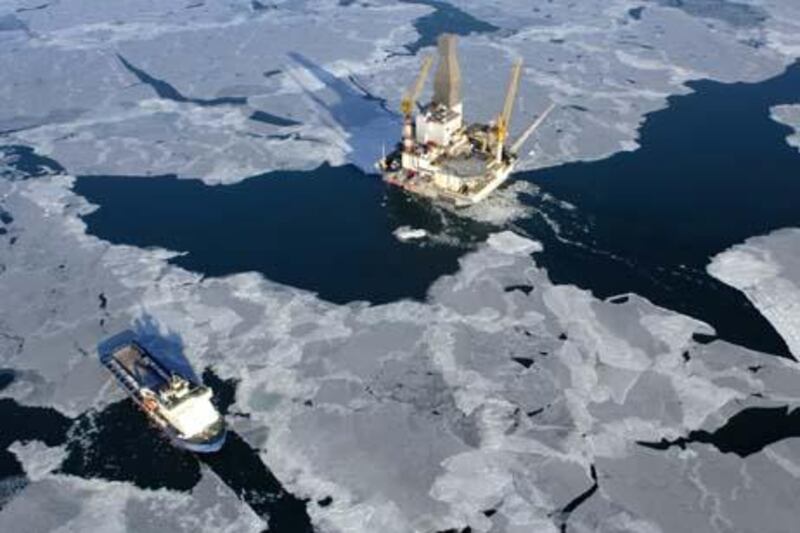ExxonMobil is to use technology developed in the Russian Arctic to boost output from the giant Upper Zakum oilfield, off the coast of Abu Dhabi.
In the Gulf, ExxonMobil's plan to use "extended reach" drilling from four artificial islands purpose-built for use as drilling platforms will allow the total volume of crude recovered from Upper Zakum to reach an exceptionally high 70 per cent of oil in place, while production capacity rises to 750,000 barrels per day (bpd) from about 550,000 bpd.
Andrew Swiger, the senior vice president of ExxonMobil, said: "We didn't come up with the concept of an artificial island. That had been thought about by other people. But how do you make it work when it's a really big oilfield? How can you minimise the cost and the environmental footprint and ultimately drain the oil in the reservoir?"
The answer lay in the engineering work the company had undertaken on Sakhalin Island, off the Pacific coast of Siberia, to improve the precision and length of the horizontal well bores it could drill to exploit hard-to-reach oil reserves.
Increasing the amount of contact between the well and the oil-bearing zone makes perfect sense for Upper Zakum, which is a complicated reservoir in which oil is present in a number of thin, fractured rock layers.
ExxonMobil teamed up with the Abu Dhabi National Oil Company (ADNOC) and Japan Oil Development to develop Upper Zakum in 2006 in the biggest concession the emirate has awarded in recent years. The oilfield, containing an estimated 16 billion barrels of reserves, is among the world's largest.
tcarlisle@thenational.ae





